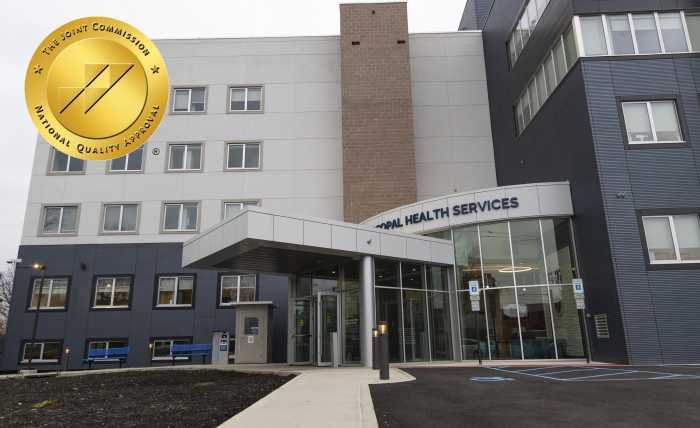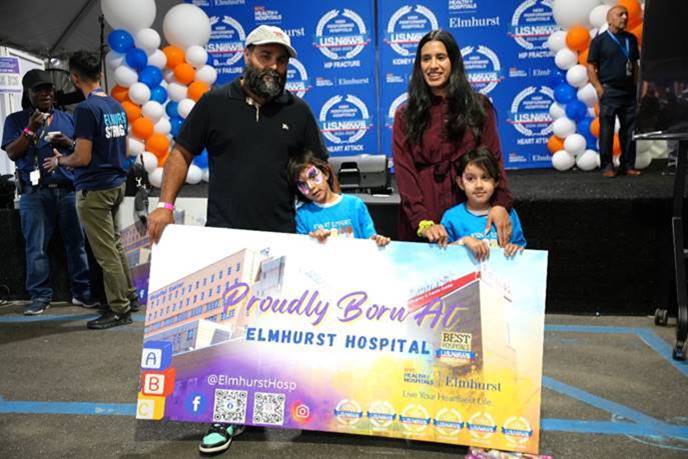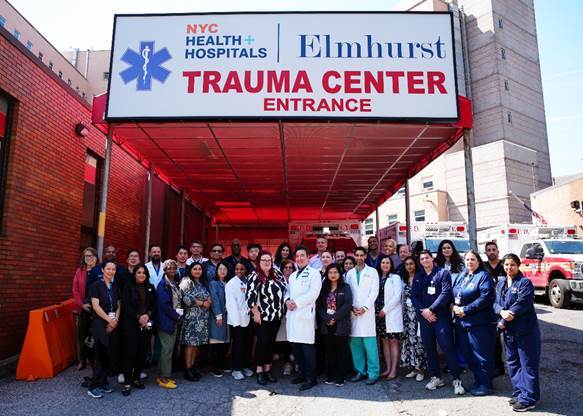BY RONALD A. FATOULLAH, Esq.
and STACEY MESHNICK, Esq.
Applicants must continue to submit original documentation verifying their citizenship. Client representatives, hospitals, nursing homes or facilitated enrollers can review original documents, make copies and write a statement on the copy that the originals were seen. Individuals who are in receipt of Medicare benefits or SSI/SSD remain exempt from these validation requirements.
The new provisions do not affect immigrants. Individuals with satisfactory immigration status can continue to receive Medicaid benefits in
States are at risk of losing their federal matching funds if they do not obtain documentary evidence from citizen applicants. There are four levels of documentation which can be used for submission.
Secondary documents, such as a birth certificate, U.S. Citizen I.D. Card, final adoption decree, or
As long as there is nothing to indicate that the applicant is not a U.S. Citizen, when a primary or secondary document is not available, the applicant may provide a third level document, such as an extract of a hospital record on hospital letterhead, religious record, early school record or a life, health or other insurance record if it shows a U.S. place of birth and was created at least five years prior to the Medicaid application date.
Fourth level documents such as a Federal or State census record, hospital record or statement signed by a physician present at the time of birth, or two affidavits satisfying specific requirements including the fact that the affiant cannot be related to the applicant, may be used.
At the time of the application or re-determination, the Medicaid agency must give an applicant a reasonable opportunity to present documents establishing
Effective December 2009, individuals who file United States Citizenship and Immigration Services (USCIS) applications at certain USCIS facilities will now be able to receive an email or text message informing them of acceptance of their application. However, a copy of the email or text message will not be accepted as evidence to HRA that USCIS has granted immigration status to a Medicaid applicant.
It is recommended that citizenship and other personal documentation be kept in a secure location, and available for presentation, regardless of the need for a Medicaid application.
Medicaid eligibility laws, rules and regulations are very complex. Further, the way a Medicaid application is submitted along with all supporting documentation often determines whether or not an applicant will receive Medicaid benefits. Applicants are advised to seek the counsel of an elder law attorney who will prepare the Medicaid application and all documentation to ensure the best chance of receiving needed benefits.
Ronald A. Fatoullah, Esq. is the principal of



































